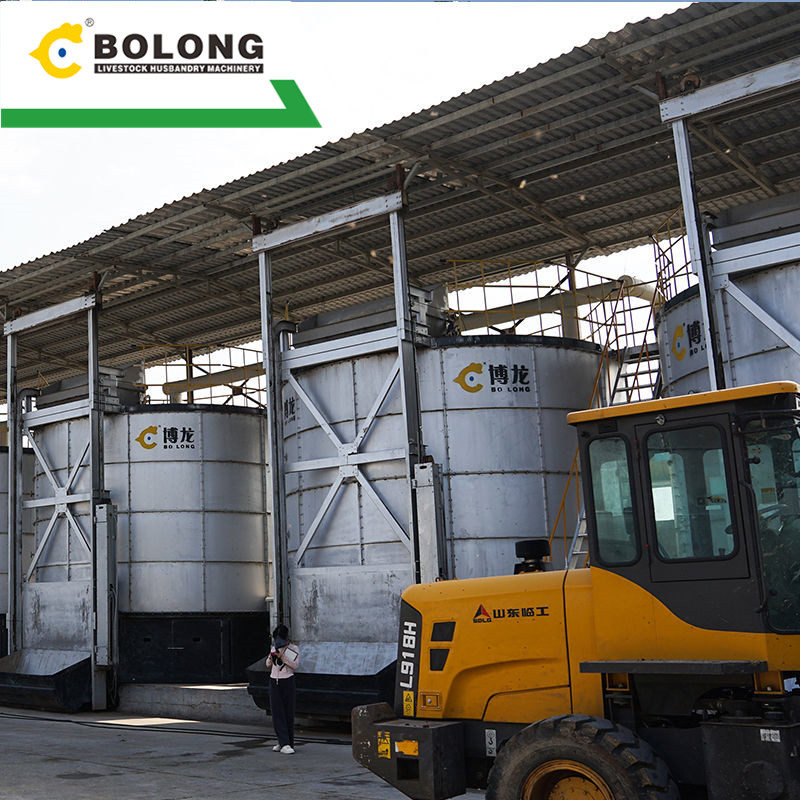
Oct 16, 2023 · Composting is the biological degradation of organic materials under controlled aerobic conditions. The process is used to stabilize wastewater solids prior to their use as a soil amendment or mulch in landscaping, horticulture, and agriculture.
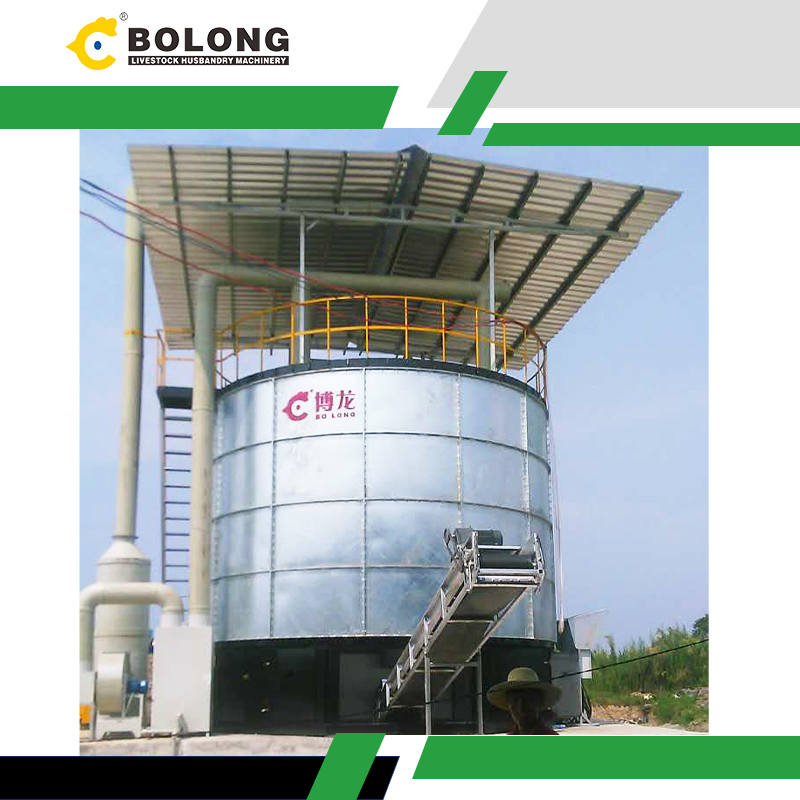
All composting systems, regardless of their scale, are designed to provide an environment in which the natural process of aerobic degradation of organic waste is optimized to produce a stable end-product of compost. There are four main types of composting : Turned windrows. Aerated static piles.
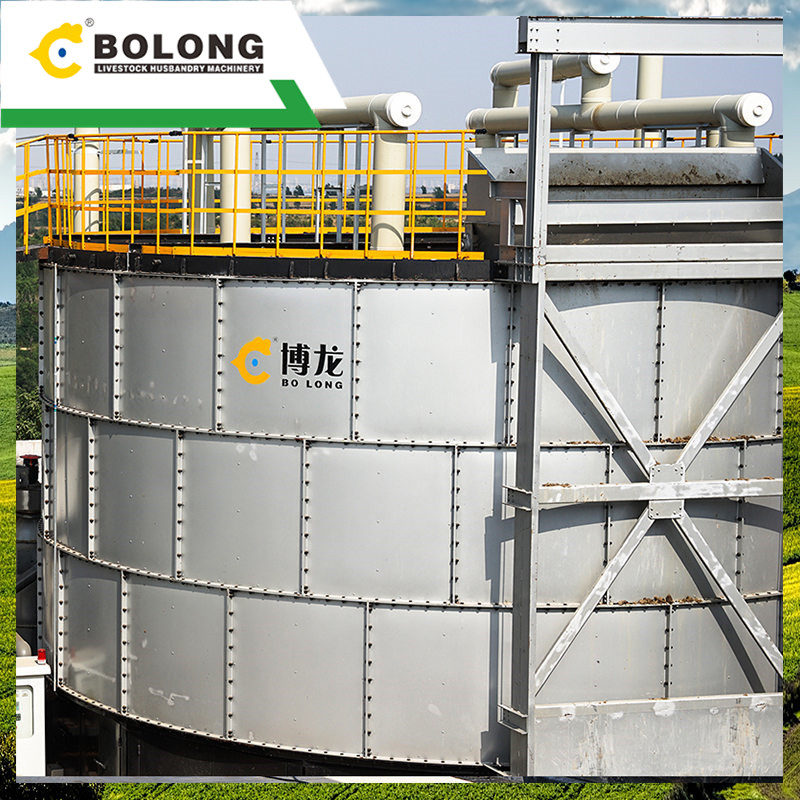
Introduction. Composting transforms raw organic residues into humus-like material through the activity of soil microorganisms. Mature compost stores well and is biologically stable, free of unpleasant odors, and easier to handle and less bulky than raw organic wastes.
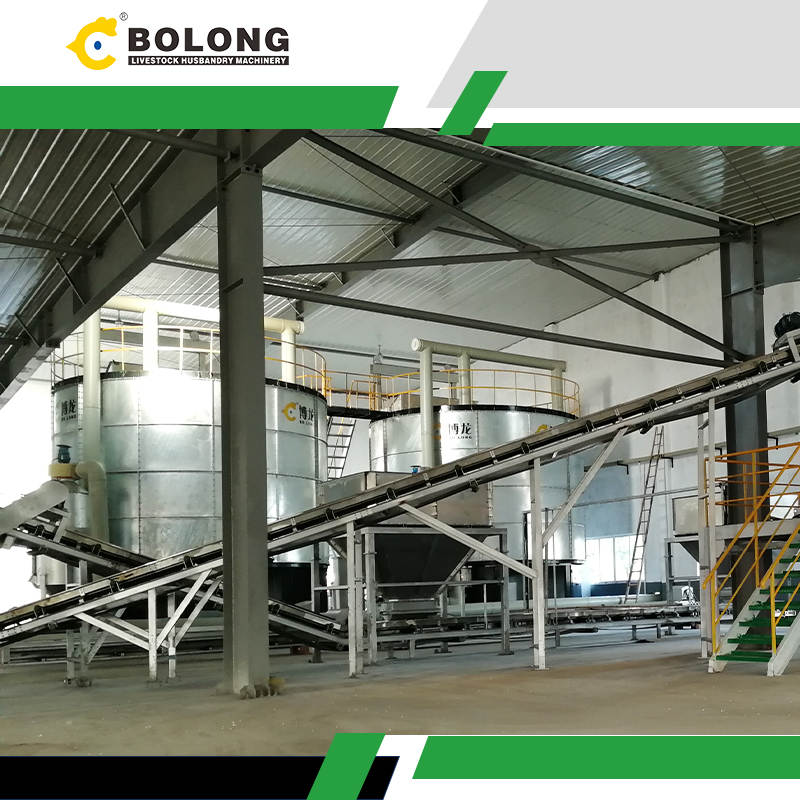
The ECS In tank composting system can work well for facilities that are odor sensitive, have challenging feedstocks, and/or need weather-proof rapid bio-stabilization rates. This system is an ideal choice when composting operations must be fully enclosed as it minimizes both the facility footprint and greatly reduces the volume of room air
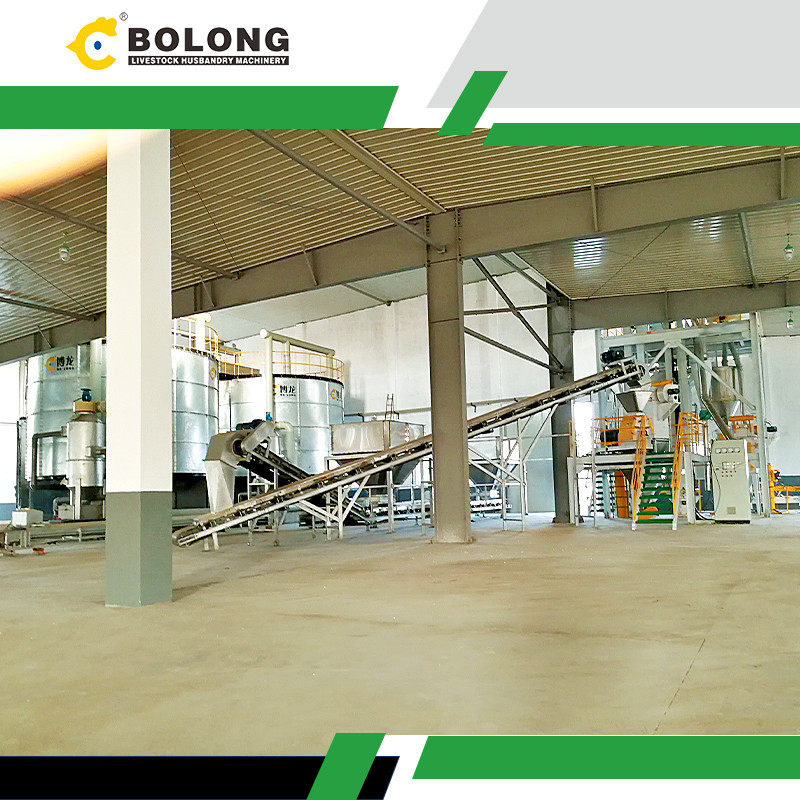
Temperature in in vessel composter can reach to 80-100℃, which could kill the harmful bacteria thoroughly. organic matter in waste is biodegraded and decomposed by using of microbial activity, so that organic waste can be processed into organic fertilizer, achieving the resource utilization of organic waste.
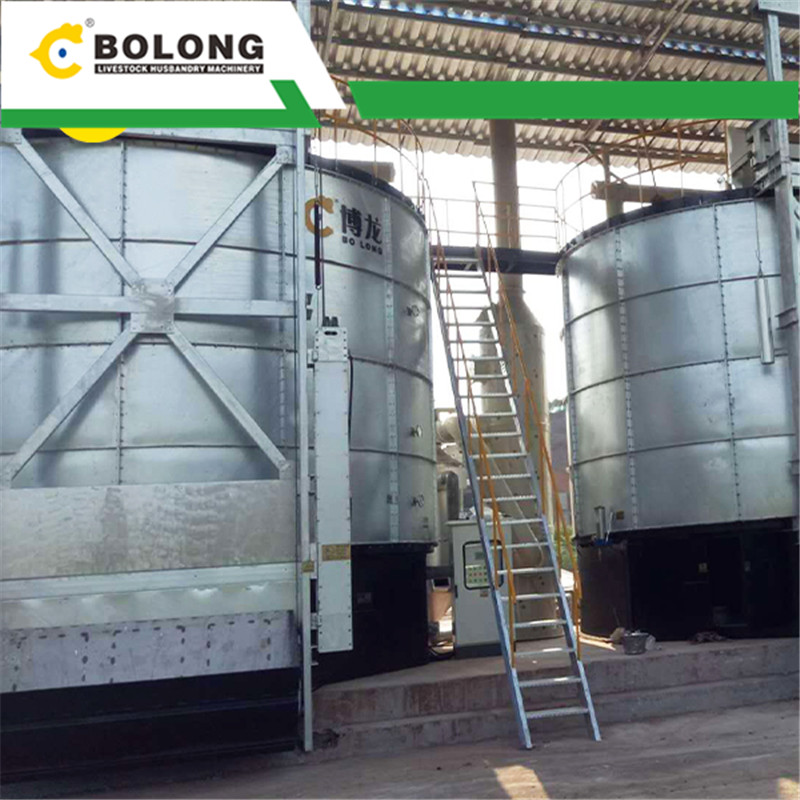
What is the composition of human composting soil? The Recompose process creates approximately one cubic yard of soil—approximately 500 pounds to over 1,000 pounds. Soil tests indicate compost created by the Recompose process is appropriate for established shrubs, trees, house plants, and flower gardens; use on tender annuals should be avoided.
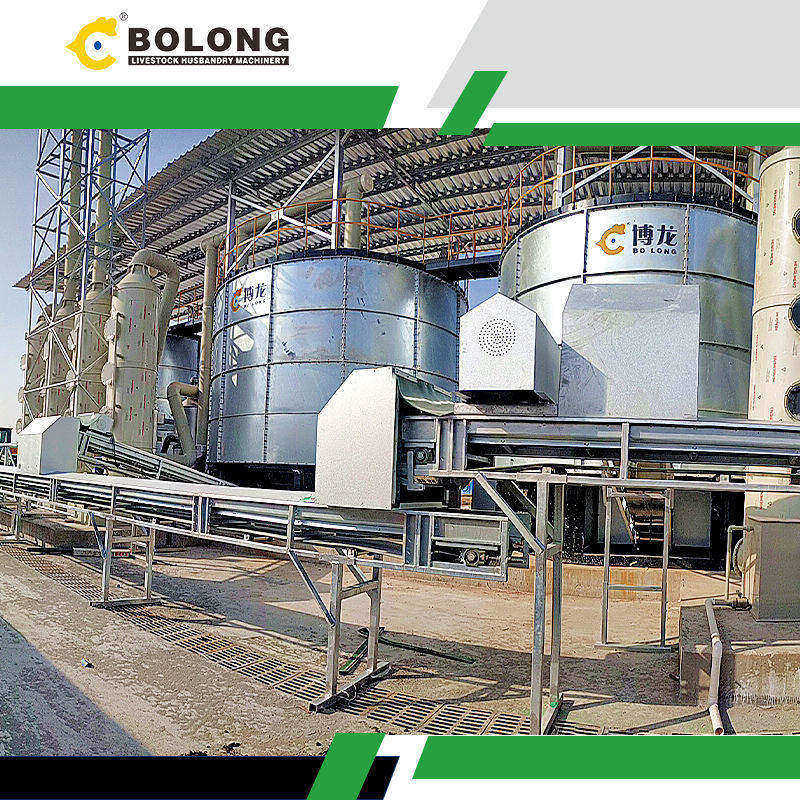
Nov 22, 2021 · What is Compost? Compost of organic material. Compost can be defined as a bioremediated (repaired and renourished biologically) nutrient-rich biomass (plant and animal-based renewable organic matter) derived from decayed organic waste and is the final product of composting that is produced for use as a soil and groundwater fertilizer and conditioner.

Jan 1, 2022 · Contained, or In tank, composting cover a diverse group of that confine the composting materials within a building, container, or vessel. Examples include agitated bays, turned vessels, rotating drums, silos, enclosed aerated beds/bays, tunnels, modular aerated containers, and enclosures for on-site composting of food residuals.

Dec 12, 2023 · In tank composting can process a variety of organic materials without taking up much space. This method involves feeding materials into a vessel, such as a drum, silo, concrete-lined trench, or similar enclosed equipment.

Jan 9, 2022 · 1. Introduction. Composting is a self-heating biological process that has been used for centuries as an organic waste management solution. Apart from managing organic waste, the composting product can be used as a soil amendment and organic fertilizer.
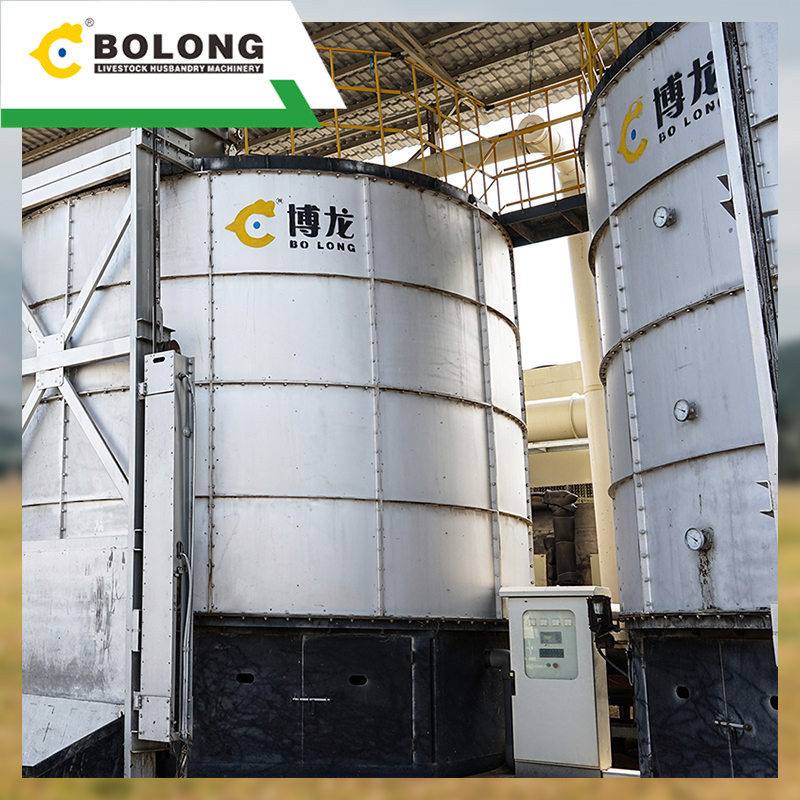
Jul 24, 2024 · The analysis emphasized that technological advances in composting, as microbial inoculants or In tank composting have greatly improved the efficiency and quality of the resulting compost. However, several challenges remain, including managing contaminants such as heavy metals and microplastics, ensuring the compost quality and safety and

This paper will provide a critical assessment of In tank composting in terms of process parameters and efficiency in comparison with conventional . This process can be critically utilized for community-based composting at small scale compost production, which will be a key to link daily household

Two types of composting processes, In tank and open windrow composting, are the most common used for the stabilization and sanitation of biosolids. Composting can effectively reduce pathogen numbers in wastewater sludge to very low numbers, with removal levels as high as 4 log being achieved (Table 2). The resulting product can be
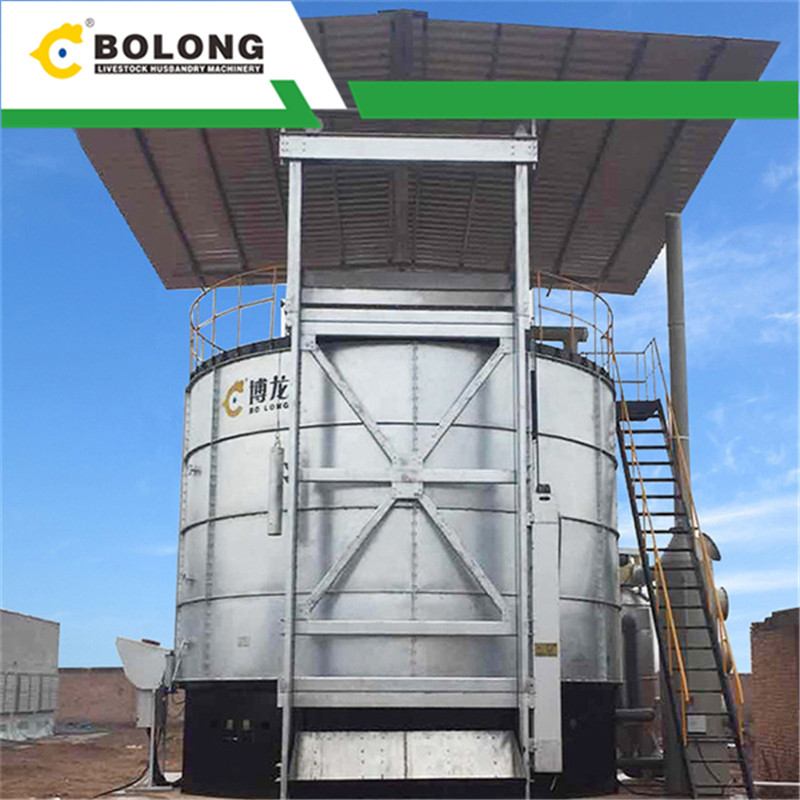
Nov 22, 2020 · Composting has become a preferable option to treat organic wastes to obtain a final stable sanitized product that can be used as an organic amendment. From home composting to big municipal waste treatment plants, composting is one of the few technologies that can be practically implemented at any scale. This review explores some of the essential issues in the field of composting/compost